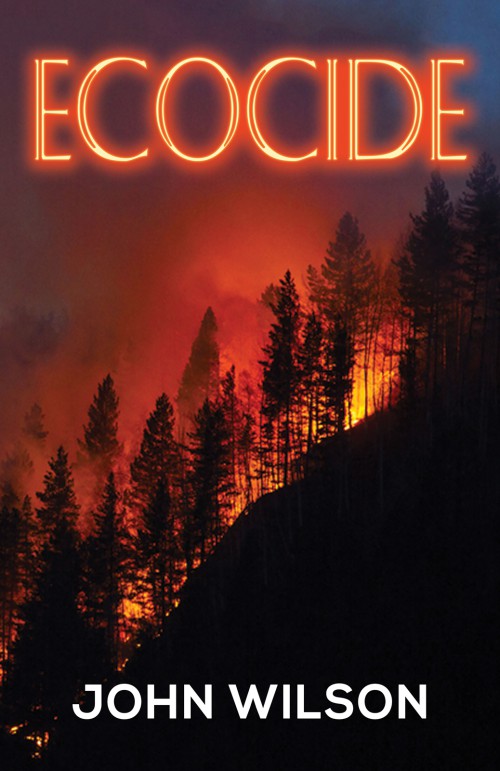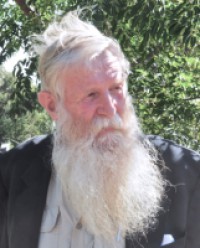
By: John Wilson
*Available directly from our distributors, click the Available On tab below

Qualified in agricultural science, medicine, surgery and psychiatry, Dr John Wilson practised for thirty-seven years, specialising as a consultant psychiatrist. In Sydney, London, California and Melbourne, he used body-oriented therapies including breath-awareness, and re-birthing. He promoted the ‘Recovery Model of Mental Health’ and healing in general.
At Sydney University, he taught in the Department of Preventive and Social Medicine, within the School of Public Health. He has worked as Technical Manager of a venture-capital project, producing health foods in conjunction with the Commonwealth Scientific and Industrial Research Organisation (CSIRO).
Dissenting from colonial values, he saw our ecological crisis as more urgent than attending urban distress. Almost thirty years ago, instead of returning to the academy, he went bush, learning personal downsizing and voluntary simplicity from Aboriginal people.
Following his deepening love of the wild through diverse ecologies, he turned eco-activist, opposing cyanide gold mining in New South Wales and nuclear testing in the Pacific.
Spending decades in the Australian outback, reading and writing for popular appreciation, he now fingers Plato, drawing on history, the classics, art, literature, philosophy and science for this book about the psychology of ecology – eco-psychology – about the very soul of our ecocidal folly.
Ecocide – a thought-provoking read!
Through a wonderfully extensive review of literature, from ancient Greek to contemporary thought, John Wilson discusses how the notion of soul, synonymous with immortality but also, insidiously, with disembodiment, snuck into our belief systems through Plato’s lofty persuasions, leading us to devalue our physicality. The effects, Wilson asserts, are vast, including impacting our social order, our mental health, and our sense of interdependence with our biological source, Planet Earth.
Demonstrating the transfer of ideas, religious and philosophical, with a focus on exchanges that outlasted earlier contexts, Wilson provides an excellent springboard from which to question ‘facts’ we might hold dear. I was aware that religions such as Christianity were syncretic (incorporating ideas from other backgrounds), but the degree to which they were I found unexpectedly new.
Ultimately, with ecological implications in mind, Wilson explores what comprises the human person (are we animal, mind, soul, self, agent, ecosystem?) and shows how we choose to describe ourselves contributes to, or threatens, the biological order we are embedded in. Particularly satisfying are his psychoanalyses surrounding Plato, and discussions on contemporary conceptions of self.
In this remarkable book author Dr. John Wilson has produced a work of architectonic scope documenting the evolution of the western concept of the soul from earliest Orphic times, promoted by Plato and endless numbers of philosophers and religious figures over the last couple of millennia. He details how the concept of the soul has devastated western civilisation and is leading to ecocide, the end of the world as we know it. Totally without any proof or supportive evidence the concept of the soul is an idea, a belief, which struck root and has influenced western culture with devastatingly toxic effect.
We use cookies on this site to enhance your user experience and for marketing purposes.
By clicking any link on this page you are giving your consent for us to set cookies